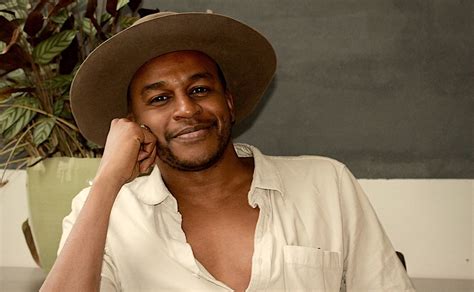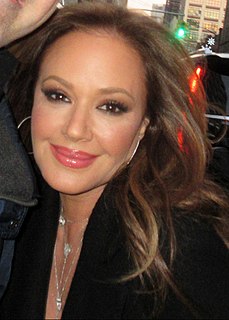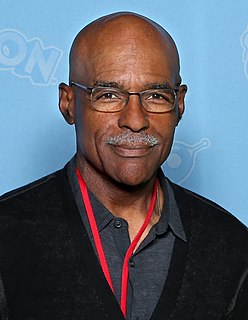A Quote by Michael Hirst
First episodes are difficult things to write.
Quote Topics
Related Quotes
I find it very difficult not to write in any sort of Sudanese style. With Sudanese music, there are very specific things that happen with the syncopation of the drums, melodies and stuff. And whenever I write, that's always the first thing that comes out, because I grew up listening to it. It's a part of me, so I try to bring that out in the music. I think that you have to be honest with what you do, and that's the most honest thing that I can do, is to write that way.
Ron Moore. He was the guy that on our show and Deep Space Nine wrote the best Klingon episodes. He wrote great episodes in general but he wrote the best Klingon episodes. I always could tell when he was going to write a Klingon episode because he was able to grow a beard really quick and I’d see him with the beard, like a Worf-beard, and I go "Ah, Klingon episode coming up!" and he goes "Oh yeah."
Drama is the most difficult of all arts. In it two things are to be satisfied - first, the ears, and second, the eyes. To paint a scene, if one thing be painted, it is easy enough; but to paint different things and yet to keep up the central interest is very difficult. Another difficult thing is stage - management, that is, combining different things in such a manner as to keep the central interest intact.
I feel like some sort of fiction-writing hobo, jumping trains and always hoping I'll find a good place to start a fire in the next town. And I keep having these panicky episodes where I corner my husband and rant at him: 'I don't have anywhere to write! I can't write! I don't have a place to write!'






































